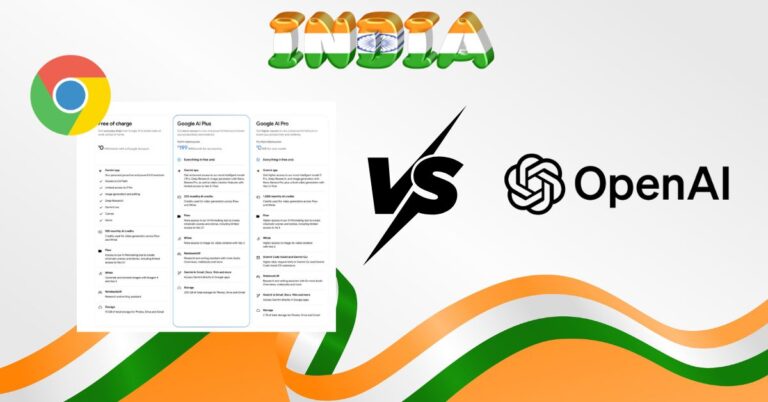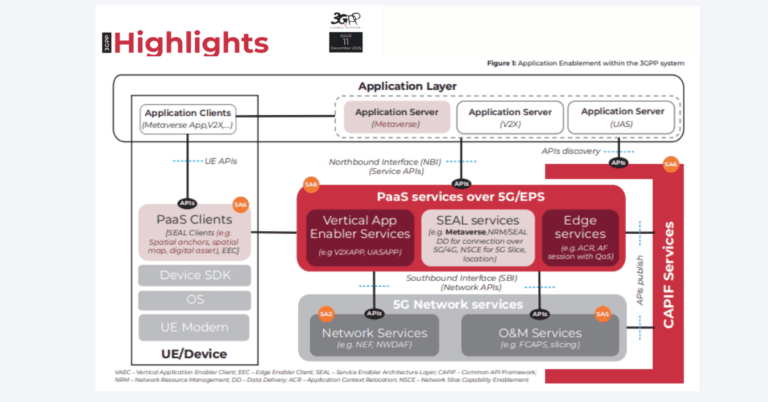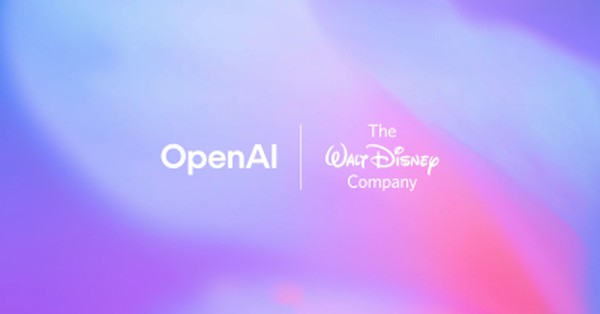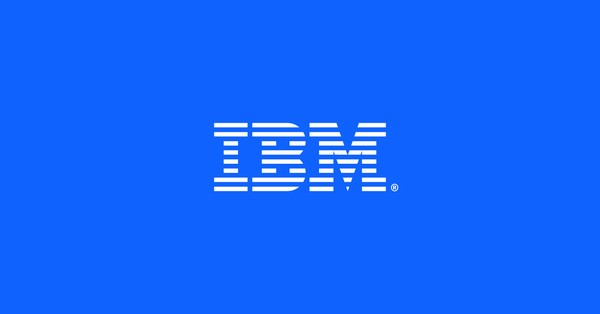Introduction to Deutsche Telekom’s Generative AI Strategy
Deutsche Telekom (DT) is revolutionizing its operations by integrating Generative AI into its business processes. Their innovative approach focuses on leveraging AI to enhance productivity, ensure data security, and drive real innovation across various sectors.
Business GPT: A Secure Generative AI Solution for Enterprises
Deutsche Telekom’s Business GPT is an AI tool that offers enterprises a secure, data protection-compliant solution hosted on European cloud environments. This tool is tailored to integrate internal company documents, ensuring high productivity while maintaining strict data security. Key Features and Benefits include:
Secure Data Management
Business GPT is hosted on Telekom’s cloud environments, ensuring compliance with GDPR and German data protection laws. This allows companies to retain full control over their data. The solution operates within a shielded environment using GPT 3.5 and GPT 4.0 models from Microsoft Azure OpenAI Services, guaranteeing data privacy and security.
Enhanced Efficiency and Productivity
By automating tedious and repetitive tasks, Business GPT significantly reduces effort and speeds up workflows, leading to increased efficiency. The tool is adaptable for various innovative applications, such as content creation, efficient research, and multilingual support, enhancing everyday business operations.
Flexible Integration and Customization
Future plans include connecting company applications directly via programming interfaces, allowing seamless integration with existing systems. The browser-based application can be accessed via the company’s intranet, customized with corporate design, and tailored to meet specific business needs.
Real Innovation through AI: UKA Group Case Study
The UKA Group, a leading project developer for renewable energies, is Deutsche Telekom‘s first Business GPT customer. They have implemented the tool to enhance their efficiency and productivity while maintaining data security. Key Features and Benefits include:
Multilingual Support and Efficiency: Business GPT helps UKA employees with efficient research, information procurement, and content creation in multiple languages. By automating repetitive tasks, UKA employees can focus on strategic goals and innovation.
Data Protection and Security: The solution ensures that UKA’s data is managed securely and in compliance with European data protection laws. UKA can integrate company data securely across all end devices, ensuring seamless and secure use of Business GPT.
Customization and Flexibility: The tool is accessible via UKA’s intranet, complete with the company’s corporate design, which shortens the path from business case to productive usage. UKA can test innovative AI use cases within its specialist departments, enhancing operational efficiency and innovation.
Corporate GPT: Secure and Compliant AI for Business Customers
Deutsche Telekom’s Corporate GPT offers enterprise-level generative AI solutions tailored for various industries, ensuring secure and compliant operations. Key Features and Benefits include:
Secure and Compliant AI Solutions: Operated in a Microsoft Azure cloud with data storage in Europe, the AI tool ensures secure and compliant AI solutions for businesses. Companies can add their own content to the AI assistant’s database, customizing chat responses to meet specific business needs.
Efficiency Across Industries: The AI tool assists in generating ideas, writing texts, analyzing data, and creating summaries, improving overall efficiency. Business GPT resolves customer service issues, provides personalized recommendations, and can be used in market research and surveys.
Flexible Licensing and Cost Control: Companies can control their expenditure with prepaid quotas, scaling the number of users as needed. The enterprise license ensures all employees work with the same software version, facilitating collaboration and simplifying management.
Deutsche Telekom’s App-Free AI Phone Concept
In partnership with Qualcomm and Brain.ai, Deutsche Telekom is developing an innovative app-free AI phone concept that redefines user interaction with smartphones. Key Features and Benefits include:
App-Free Interface: This concept features an intelligent assistant that replaces traditional apps with an AI assistant that understands user goals and handles tasks through voice commands. The technology is located in the cloud, making it accessible on entry-level smartphones and ensuring efficient operation.
Enhanced User Experience: Users can plan trips, shop, or create and edit content through simple voice commands, streamlining their interactions. The assistant can predict the user’s next task, providing a seamless and intuitive user experience.
Prototypes and Future Development: Prototypes will be showcased at MWC Barcelona 2024, demonstrating the advanced capabilities of the app-free smartphone concept. Plans include a premium version powered by Qualcomm’s Snapdragon 8 Gen 3 Reference Design, offering faster and more efficient on-device processing.
Deutsche Telekom and SK Telecom Team Up to Build Customer Service LLM
Deutsche Telekom and SK Telecom have partnered to develop a telecom-specific large language model (LLM) tailored for generative AI customer service applications, aiming to enhance problem-solving processes in customer service across the telecom industry. Key Features and Benefits include:
Industry-Specific LLM Development: Integrating industry-specific data, the LLM will have superior comprehension of telecom-related inquiries, improving accuracy and relevance in customer service responses. The LLM will support multiple languages, including English, Korean, German, Japanese, Arabic, and Spanish, ensuring accessibility for a global customer base.
Enhanced Customer Service Efficiency: The partnership aims to accelerate the creation and deployment of generative AI chatbots, reducing response times and improving service quality. The AI assistant will handle a significant portion of customer inquiries, allowing human agents to focus on more complex issues.
Secure and Compliant Operations: The LLM will be hosted on secure cloud environments, ensuring compliance with data protection regulations and maintaining customer trust. The development will involve partnerships with leading AI developers such as Meta and Anthropic, leveraging their expertise to create a robust and reliable AI solution.
Deutsche Telekom Leading the Future of Telecommunications with AI
Deutsche Telekom is leading the charge in integrating Generative AI into their operations, enhancing business efficiency, and ensuring data security. Their innovative use of AI demonstrates the transformative potential of Generative AI in various industries, from telecommunications to renewable energy. These initiatives highlight Deutsche Telekom’s commitment to innovation, customer-centricity, and responsible AI practices.







































